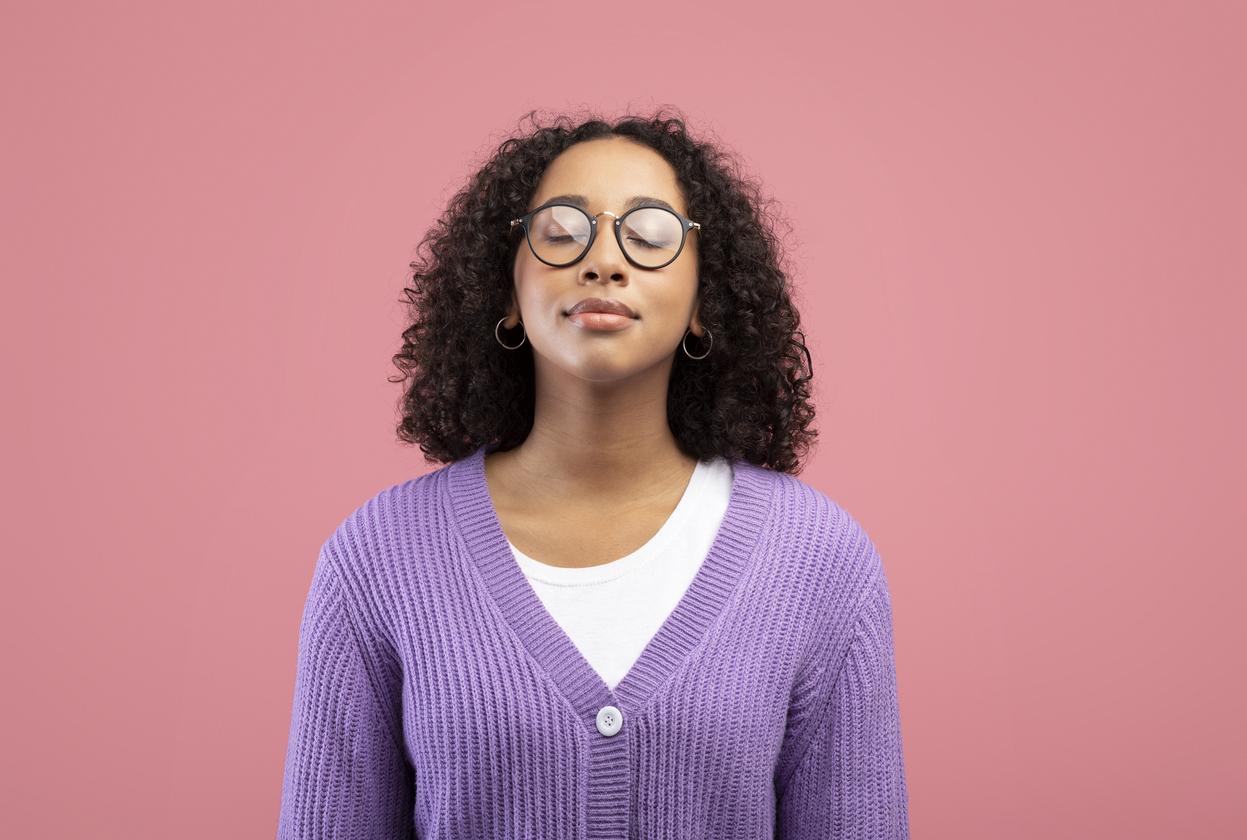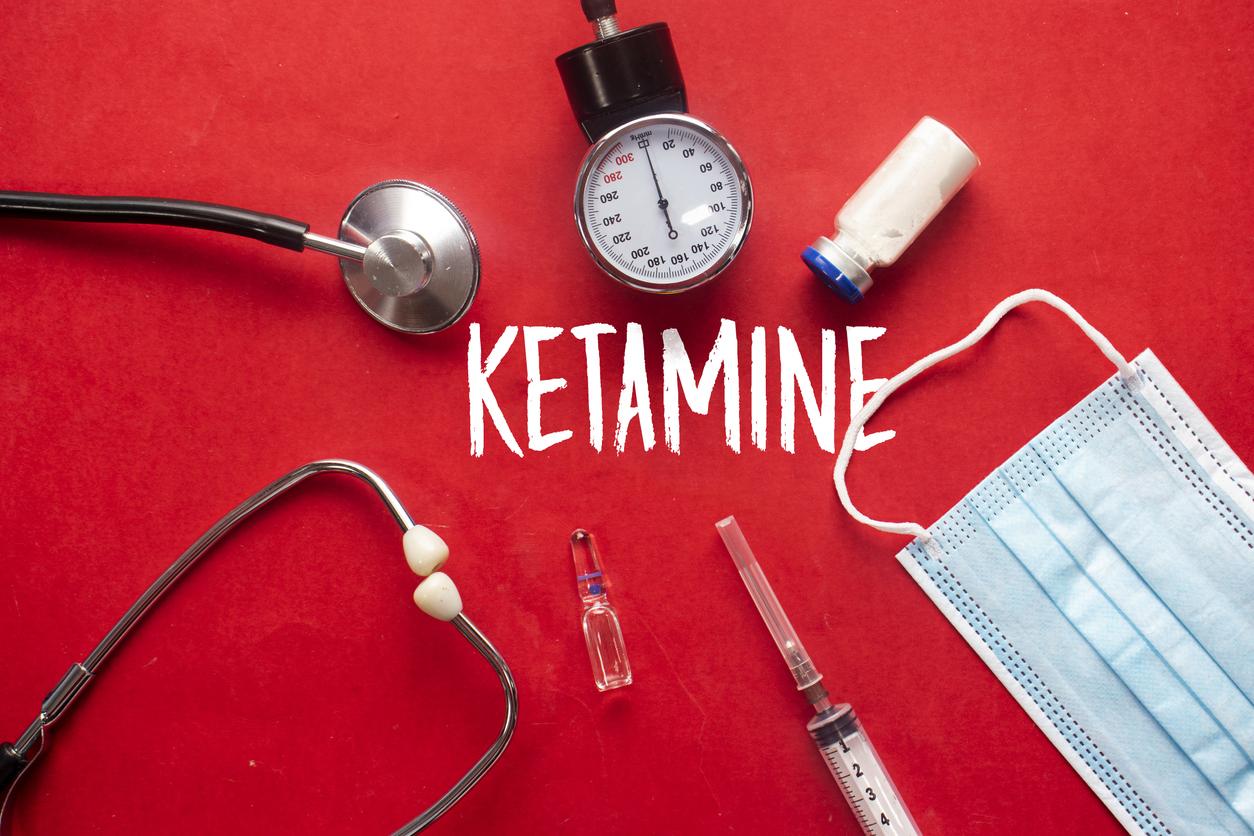According to a recently published American study in Jama psychiatry, our hours of getting up would have a direct impact on the risk of depression. And by getting up an hour earlier than usual, people with depressive tendencies would be 23% less likely to suffer from depression.
In other words, if a person who usually goes to bed at midnight, goes to sleep at 11 p.m. and sleeps the same amount of time, he could reduce his risk of depression by 23%. And if she goes to bed at 10 p.m., she will reduce this risk by about 40%.
This large-scale study, involving 840,000 people and led by researchers from the University of Colorado and the MIT from Harvard (United States) provides proof that the chronotype (a person’s propensity to sleep at a certain time of the day) influences the risk of depression. These results are all the more interesting since during the pandemic period, many people shifted their sleep-wake rhythm and tended to go to bed later and sleep later than before the covid-19 period.
The influence of daylight on mood
What could be the reason? According to some researchers, it is the greater exposure to daylight enjoyed by early risers that leads to a cascade of hormonal impacts that influence mood.
Already in 2018, researchers from the University of Colorado, Massachusetts Institute of Technology, Harvard and the University of Vienna in Austria conducted a study on a smaller number of people to understand if the chronotype could have a link. on their risk of depression. The results of their study, published in the Journal of Psychiatric Research, revealed that early morning women had a 12% reduced risk of depression, while evening women were more likely to suffer from depression. The study, conducted over 4 years, focused on more than 32,000 women with no staggered working hours and questioned about their chronotype, their use of antidepressants or the existence of a diagnosis of depression.
Sources:
- Genetically Proxied Diurnal Preference, Sleep Timing, and Risk of Major Depressive DisorderJama psychiatry, May 2021
- Prospective study of chronotype and incident depression among middle- and older-aged women in the Nurses’ Health Study IIJournal of psychiatric research, August 2018
Read also :
- Covid-19: a third of patients suffer from psychiatric sequelae
- Night owls die younger
- What Brain Chemistry Tells Us About Our Sleep


















